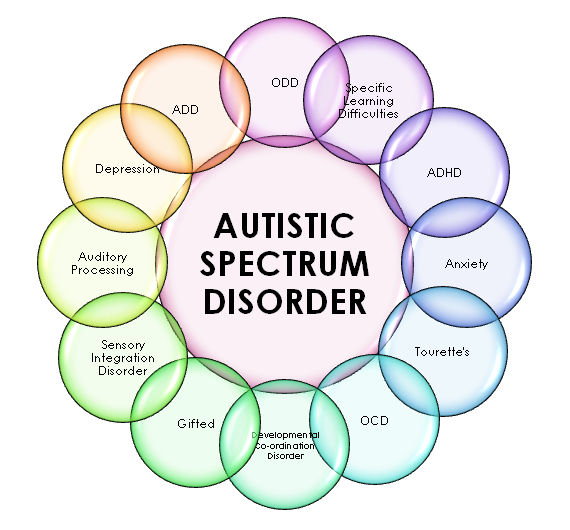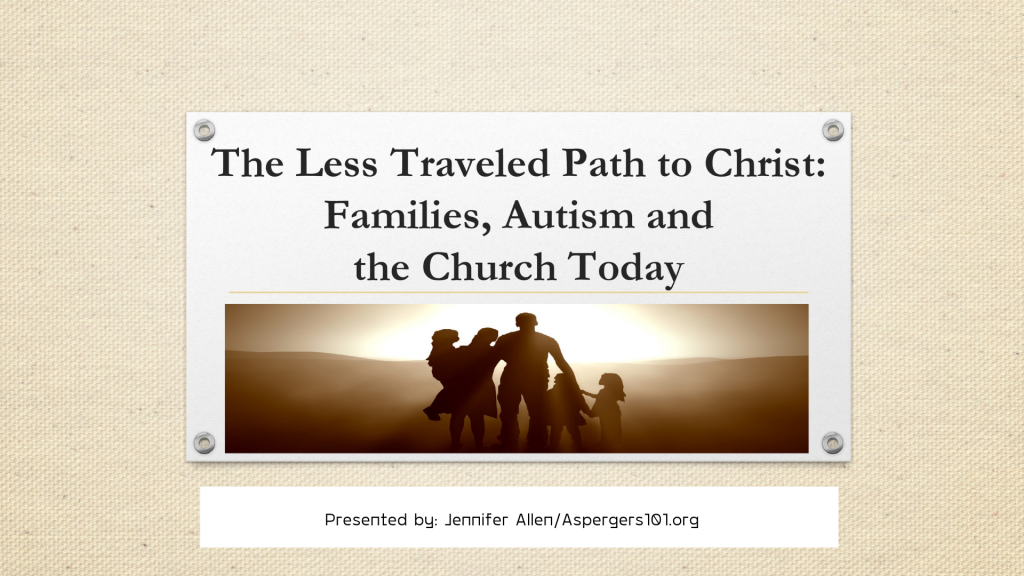What Are School Accommodations and Modifications for Students with Asperger’s?
Some students with disabilities require accommodations or modifications to their educational program in order to participate in the general curriculum and be successful in school. Each child with autism or Asperger’s Syndrome is different and has their own unique needs. Parents will meet with school personnel in an ARD/IEP meeting to determine what accommodations and modifications should be implemented to best assist their child. It is imperative that parents and educators understand the difference between the two.
For many students with Asperger’s Syndrome, accommodations will be needed to access the curriculum and remain in the least restrictive environment. Accommodations (the HOW) can be made for any student. Students do not need to have a 504 plan or an IEP.
Accommodations do not alter what the student is expected to learn but rather make learning accessible to the student.
They allow the student to demonstrate what they know without being impeded by their disability. Students are required to complete the same assignment or test as other students, but with a change in the timing, formatting, setting, scheduling, response and/or presentation. They do not alter in any way what the assignment or test measures.
(http://www.texasprojectfirst.org/ModificationAccommodation.html)
Accommodations can be referred to as good teaching practices. Here are some common accommodations made for students with Asperger’s, high functioning autism, and other related disabilities.Continue Reading
Gabriela Lemos was born in Porto Alegre, Brasil, and was raised in San Antonio, Texas. She is currently a student at UTSA, graduating in December 2014 with a Bachelor degree in English. Brie states that she loves language and words, and the way in which people communicate with each other. She has always been interested and attracted to the autism community. “I find those on the spectrum to be incredible in so many ways, and I believe we can all learn from each other in our different strengths and weaknesses. I would love to use my talents to aid those who are not as strong in areas which I have confidence, and in turn receive an infinite amount of lessons and aid from those who I work with. Everything you send out, comes back to you, and I plan to practice sending out love and compassion every day”. We feel so fortunate to offer Brie’s talent of writing as well as her passion for autism awareness every week through our Aspergers101 Weekly.
















